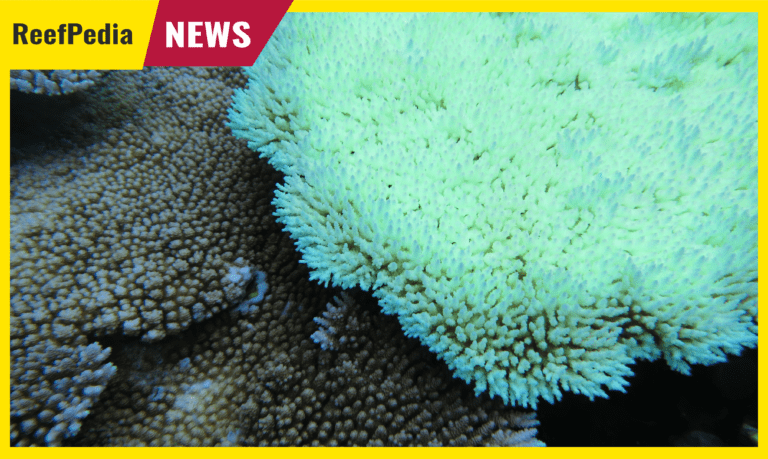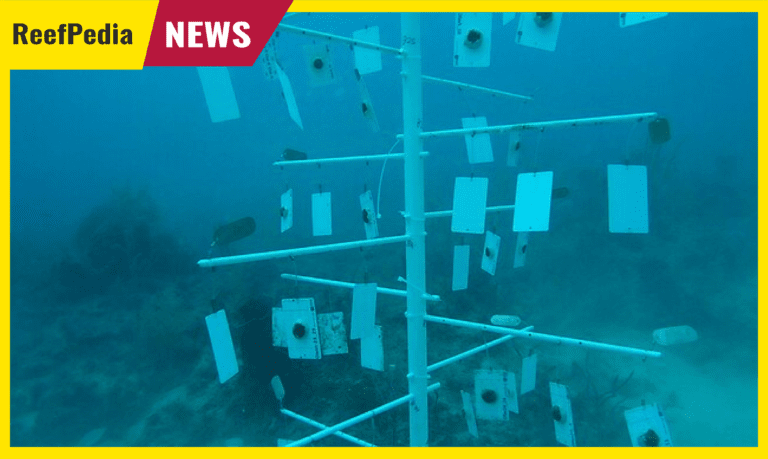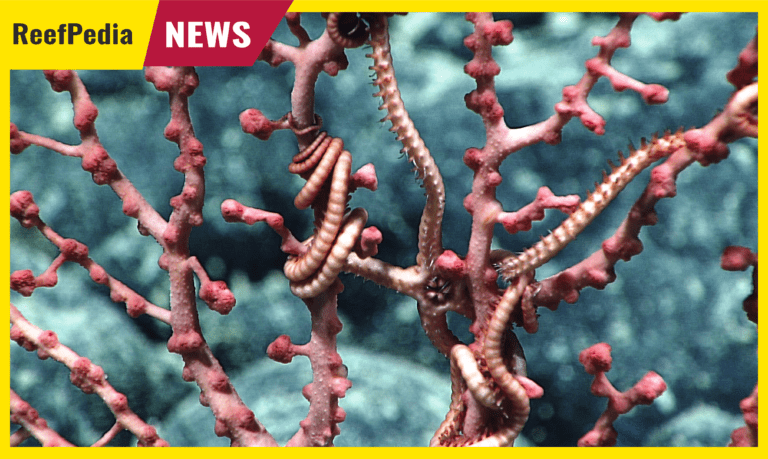
Plastic waste a threat to coral reefs
Coral reefs, vital for fishing and coastal protection, are increasingly threatened by plastic pollution. Recent studies reveal a troubling rise in plastic in deeper water layers, significantly heightening the risk of coral diseases.









